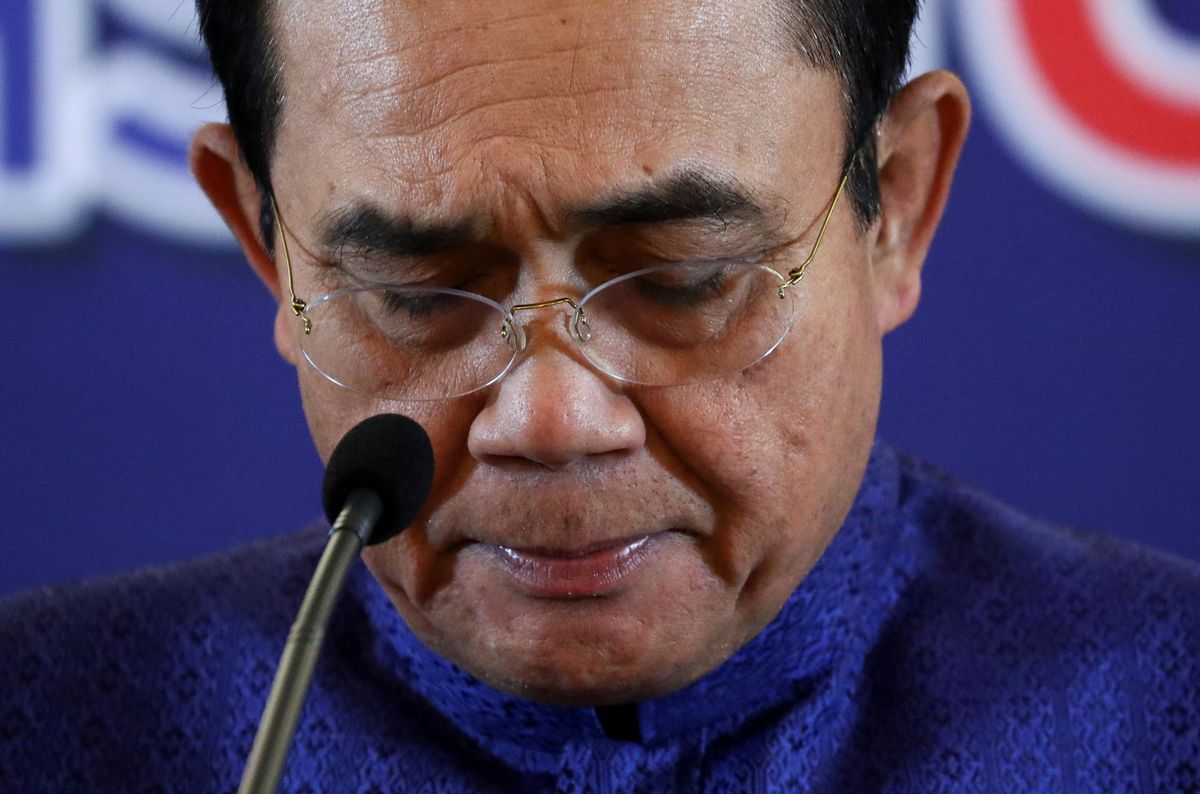Thai PM in limbo
On Wednesday, Thailand's top court suspended PM Prayuth Chan-ocha while it decides whether his term in office started when he took over in a 2014 coup or when he was “elected” five years later. If the court decides the former, Prayuth would be removed for exceeding the constitutional limit of eight years in power. Such a verdict would likely fire up the youth-led protests demanding his resignation, which started with a bang in 2020 but soon ended with a whimper following a crackdown on their leaders for questioning the role of the monarchy. The ruling drops in two weeks, and until then Prayuth's deputy — who also took part in the 2014 power grab — is in charge. Fun fact: the eight-year limit was put in place by the military to target deposed former PM Thaksin Shinawatra, whose sister Yingluck was ousted by Prayuth. Guess who's likely running for PM in the next election? Thaksin's millenial daughter, Paetongtarn.
US strikes Iran in Syria
The US carried out two rounds of airstrikes on Iranian targets in Syria this week, more than a week after Iran-backed groups launched a series of rocket attacks at US troops in the country’s northeast. (Iranian militants reportedly responded on Wednesday with more rockets, firing at two sites where US forces are based, including a big gas field.) The US strikes hit several facilities in Deir al-Zour province, which are believed to be affiliated with Iran’s Islamic Revolutionary Guard Corps, the military force established during the revolution that controls much of Iran's economy and plays a major role in overseeing Tehran's foreign policy. Iran – which has long maintained a presence in Syria in an effort to keep President Bashar al-Assad in power – denied targeting the US base, where around 1,000 US troops and allied forces are stationed. These tit-for-tat exchanges between Washington and Tehran come as the two sides appear closer to reviving the defunct nuclear deal. For the deal’s critics, this episode is proof that Iran is a terror state unworthy of trust. But for its proponents, this flareup reinforces that a deal is needed to rein in (at least some of) Iran’s bad behavior.








